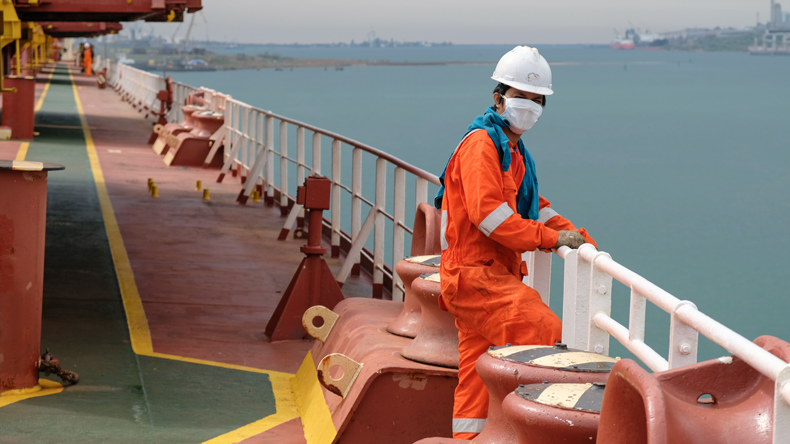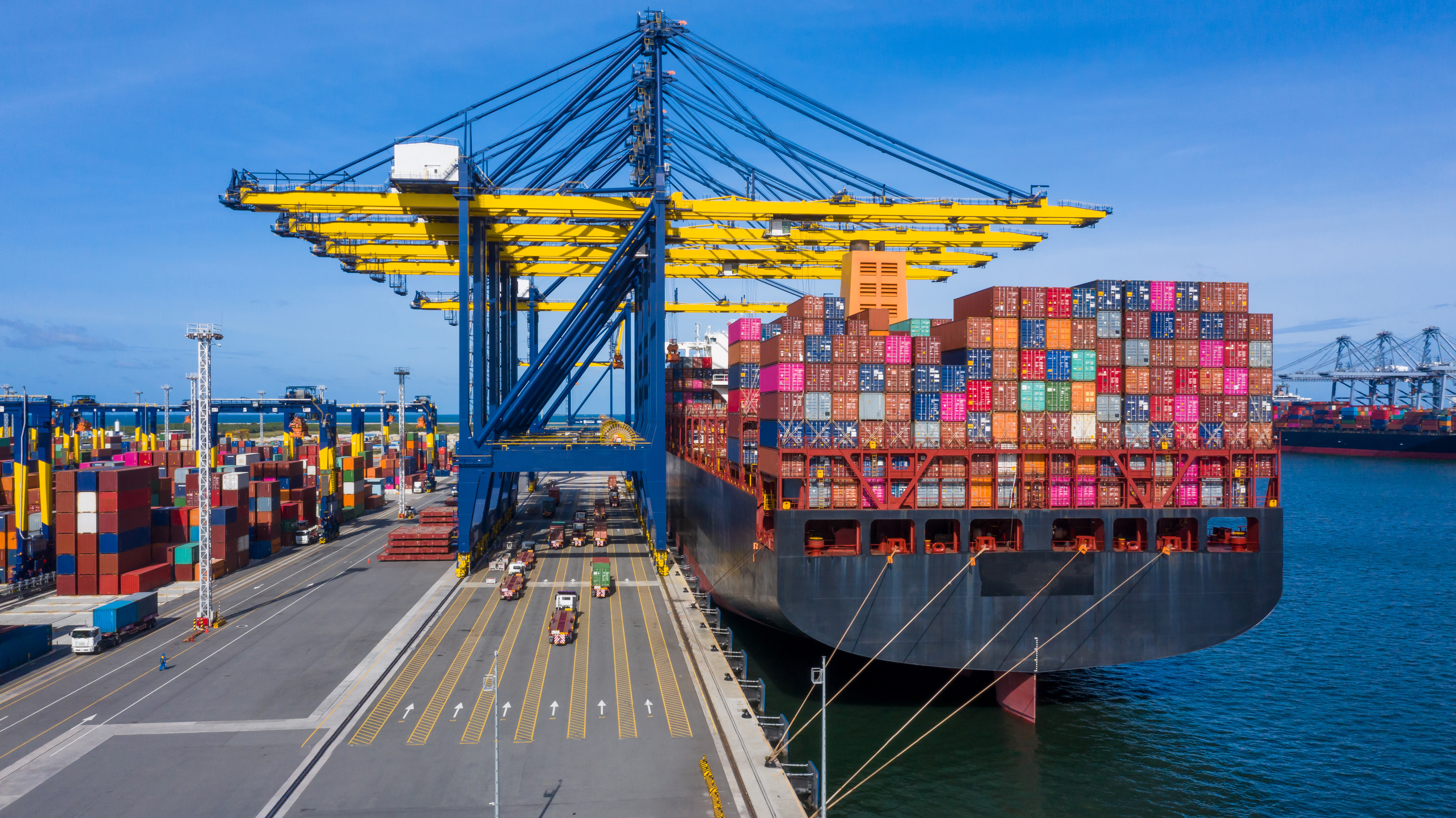
The UK Club deal with a lot of claims from passengers alleging they have contracted gastric illnesses while on Members' ships. Defending such claims creates an evidential burden, the production of a considerable amount of documentation to establish that proper procedures were followed to prevent the occurrence and spread of infection, and/or further evidence to prove that the illnesses were not caused by any fault on the part of the ship or its crew. Historically, therefore, Members have generally ended up settling these types of claims.
One method that has been used, either to defend such claims to a certain extent or, more commonly, as a bargaining tool in settlement negotiations, is the argument that illnesses were not bacterial, but viral, and therefore unrelated to a lack of hygiene or food safety. Norovirus, a highly contagious viral infection which flourishes in the relatively closed environment of a passenger ship, can be introduced by just one passenger, and then spread uncontrollably. If evidence can be put forward that an illness was in fact norovirus, rather than a bacterial infection, this puts a ship owner on far stronger ground to argue that the illness was not due to any failing on its part.
A recent case will almost certainly assist in this respect.
Nolan -v- TUI UK Ltd (2015)
is a first instance decision, but even if it is appealed it is extremely significant.
The case demonstrates recognition by the courts that the owners and operators of passenger ships are not liable for norovirus outbreaks provided they implement the industry standard procedures to prevent the outbreak of illness, and take the necessary measures to manage illness and bring it under control if infection does occur. The decision is of great importance to the passenger shipping industry in recognising that norovirus is not caused by the ship and that even with high levels of implementation of industry procedures, outbreaks do occur.
In the TUI case, the claimants alleged that:
- The outbreak of gastric illness, which affected at least 217 of the 1700 passengers, was caused by a bacterial infection, campylobacter, resulting from a lack of hygiene on the vessel,
- There was an implied term in the contract of carriage requiring TUI to warn the Claimants in advance of the cruise of episodes of illness (norovirus) on the previous cruise and give them an opportunity to cancel or defer their holidays.
- The effect of the Athens Convention 1974 was that the contamination of the ship with norovirus from the previous cruise constituted a “defect in the ship”, meaning that there would be a presumption of liability on the part of the carrier unless the contrary was proved.
The Judge made the following findings of fact:
- The illness was norovirus rather than campylobacter as claimed. The Judge relied on the laboratory reports which were positive for norovirus and negative for the four common bacterial infections associated with food, including salmonella and e coli.
- The virus was most likely brought onto the ship by passengers. The number of passengers ill was indicative of a person-to-person spread and the epidemiological graph demonstrated a timeline of infection relative to the commencement of the cruise
- TUI had implemented the systems for controlling the outbreak even beyond the levels required for the level of reported illness. In reaching this finding, the Judge took into account the reports and witness evidence of an independent specialist company which audited the vessel’s implementation of its systems during the outbreak.
- There was no duty to warn passengers of the illness on the previous cruise, as there could be no criticism of the handling of that previous illness because the outbreak control plan had been put into effect satisfactorily.
The Judge also made some interesting findings of law:
- The presence of norovirus did not constitute a “defect in the ship” for the purpose of the Athens Convention. A ‘defect in the ship’ is limited very much to the structure of the ship, and there is a clear distinction between ‘a typical maritime peril’ and something which could have happened onshore. The Judge even stated that to claim that the presence of norovirus was a ‘defect in the ship’ was not so much extending the language of the Convention, as distorting it beyond recognition. As a result, there could be no presumption of liability on TUI’s part.
- The Judge also found that the Athens Convention is the exclusive remedy available to claimants travelling by sea for personal injury.
In light of this decision, the Defendant was awarded its costs, and the Claimants were ordered to make a payment of £300,000 on account of such costs.
Overall, this decision is good news for the passenger shipping industry. Although, in order to defend a claim for gastric illness on the basis that it was norovirus, rather than a bacterial infection, the shipowner will still have to provide evidence of compliance with the appropriate procedures for preventing the occurrence and spread of illness, and evidence that the illness concerned was in fact norovirus, this decision should deter many would-be claimants from pursuing claims where they cannot establish the pathogen concerned.
Maria Pittordis, partner and business group leader of the Marine, Trade and Energy Department at Hill Dickinson Solicitors, and Sarah Barnes, Associate Solicitor in the same department, acted for the Defendants throughout. Ms Pittordis remarked that the handling of the claim was "a great example of team work between owners, charterers, external health hygiene auditors, the authorities and lawyers." She also added that without the support of the West of England, with which the ship was entered at the time of the incident, the case could not have proceeded to trial




![The Solomon Trader [2025] EWCA Civ 1387: The ‘pay to be paid’ rule affirmed in the Court of Appeal](/fileadmin/uploads/ukpandi/News_Images/AdobeStock_104743067.jpeg)
